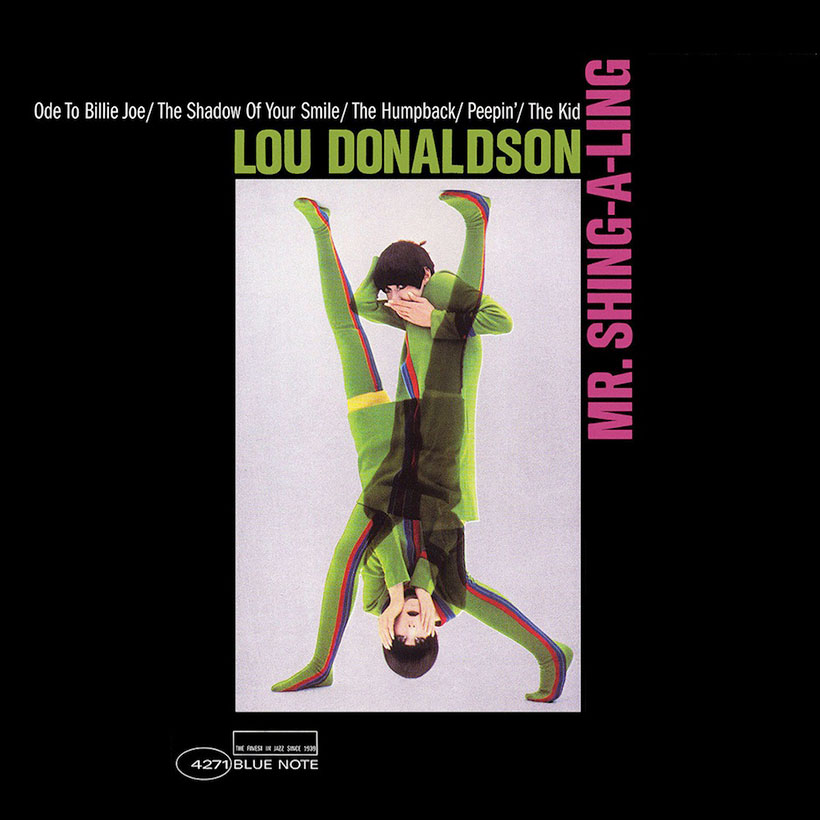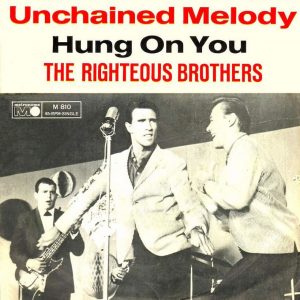North Carolina-born alto saxophonist Lou Donaldson enjoyed two highly productive spells at Blue Note Records. The first, between 1952 and 1963, resulted in 18 albums – including his classic 1958 opus Blues Walk – and witnessed a stylistic transformation that saw him journey from hard bop to the more accessible soul-jazz idiom. His second stint at Blue Note (after short stop-offs at the Argo and Cadet labels) came in the wake of founder Alfred Lion’s departure in 1966 and lasted until 1974. During that time he recorded 13 albums – among them Alligator Bogaloo and Mr. Shing-A-Ling – and earned renown as a purveyor of infectious, danceable grooves that married jazz improv with gospel fervor and James Brown-influenced funk.
Donaldson was just four days shy of his 41st birthday when he took his quintet (trumpeter Blue Mitchell, organist Lonnie Smith, guitarist Jimmy “Fats” Ponder, and drummer Leo Morris) into Van Gelder Studio on October 27, 1967, to lay down the five songs that were released in mid-January 1968 as Mr. Shing-A-Ling.
Listen to Mr Shing-A-Ling on Apple Music and Spotify.
Boogaloo backbeats and organ extemporization
The album, produced by Francis Wolff, was Donaldson’s third since returning to Blue Note and followed in the wake of one of his most popular records, Alligator Bogaloo, which had come out three months earlier. Aiming to capitalize on the jukebox appeal of that album’s catchy title single, Donaldson decided to put a boogaloo backbeat under a cover of one of 1967’s biggest and surprising pop hits: singer-songwriter Bobbie Gentry’s southern mystery song “Ode To Billie Joe.” Transformed into a sultry soul-jazz groove that spotlighted the dexterous Hammond B3 of Lonnie Smith, “Ode To Billie Joe” was positioned as the lead cut on the Mr. Shing-A-Ling album and was also released by Blue Note as a single.
More in keeping with the upbeat vibe of “Alligator Bogaloo” is a Donaldson original called “The Humpback.” It’s notable for Leon Morris’ crisp drumming (Morris later changed his name to Idris Muhammad and enjoyed a solo career at Creed Taylor’s Kudu label) and some sterling solos from Donaldson, Mitchell, Ponder, and, finally, Smith.
Best Blue Note Album Covers: 20 Groundbreaking Artworks
Blue Note “As Important As The Beatles Or Dylan” Says Don Was
A Guide To Blue Note: 10 Essential Albums You Must Hear
After this, Donaldson turns the heat down to a soft simmer with a bossa nova-esque version of “The Shadow Of Your Smile,” a ballad written by Johnny Mandel with Paul Frances Webster, which was first heard on the soundtrack to the 1965 Hollywood movie The Sandpiper, and quickly became a staple in the repertoire of singers such as Tony Bennett, Engelbert Humperdinck, and Frank Sinatra. Though renowned for his athleticism in terms of improvisation, Donaldson shows his lyrical side on this track, and there’s also a splendid solo by Floridian trumpeter Blue Mitchell. Lonnie Smith also shows great sensitivity with a passage of brilliant organ extemporization.
Back to the funk
It’s back to the funk on “Peepin’,” an addictive Lonnie Smith tune defined by an easy-strutting gait combined with call-and-response riffs shared between the horns and organ. Smith – who began a solo career at Blue Note in 1969 and re-signed to the label in 2016, releasing the stunning All In My Mind two years later – takes the first solo on a tune that Lou Donaldson re-recorded (minus the organist) on his 1974 Blue Note album, Sweet Lou. An edited version of “Peepin’” (backed with a shorter version of “The Humpback”) was released as the second single from Mr. Shing-A-Ling.
Mr. Shing-A-Ling’s closing cut, the Harold Ousley-penned “The Kid,” is also its longest tune. An open-ended song driven by a looser kind of groove than “Peepin’,” it offers an opportunity for Donaldson’s men to dig into deeper, more exploratory solos.
Perhaps because it was sandwiched between two outstanding Lou Donaldson albums during the same era – Alligator Bogaloo and Midnight Creeper, the latter recorded in March 1968 – Mr. Shing-A-Ling has often been overlooked. It is, however, a fine example of Lou Donaldson’s late 60s soul jazz period.
Listen to Mr Shing-A-Ling on Apple Music and Spotify.




